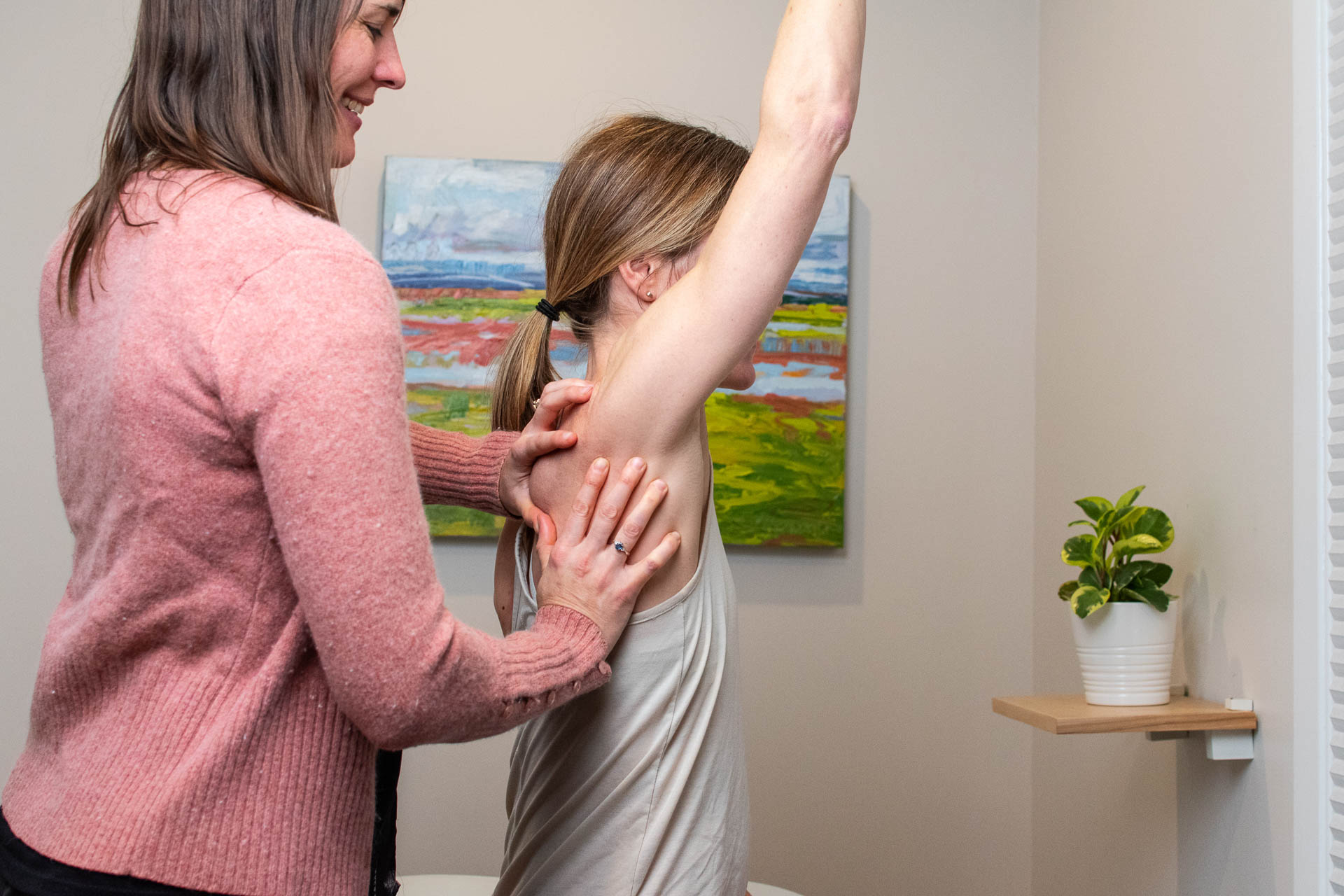
Pain is a great motivator. Often pain is the stimulus that motivates us to change our habits and make appointments! But do you need to be in pain to make an appointment? Should you wait until you develop pain? Can you prevent pain? Likely – yes! Often clients apologize for arriving without pain and question if ‘it is OK’ to come to physio without pain? YES! As a physiotherapist this is my favorite place to be. At Scotia we LOVE working with clients to help prevent pain, improve function and enhance their quality of life.
What is Prehabilitation (pre-hab)?
It is no secret that physiotherapy after an injury or surgery will help you heal faster and achieve better outcomes. But is there a way to avoid injury and prevent surgical intervention in the first place? Or go into a necessary surgery in the best condition possible? Pre-habilitation helps patients better recover following surgery, speed up the healing process and, in many cases, avoid injury in the first place.
Pre-surgical rehabilitation is a common health care practice and in some cases a requirement.
Pre-hab often involves specific, targeted, individual exercises to help prevent injury, it is a form of physiotherapy used prior to surgery to speed healing and recovery.
Prior to a surgery, the purpose of pre-hab is to get the body as ready as possible to tolerate the procedure and minimize complications; to help you best recover afterwards; and to help you mentally prepare for the surgery and the recovery. Presurgical pre-hab involves improving strength, mobility, and overall functionality of the surgical area and the areas of the body above and below.
Pre-hab for injury prevention
Pre-hab is one of the best ways to avoid injuries in patients at risk of developing serious movement disorders. Many athletes and people with physically challenging jobs find that strength and mobility exercises, and pain-relieving techniques learned in physiotherapy helps them optimize performance. Pre-hab can help keep you balanced, healthy, and strong. Pre-hab can involve teaching correct lifting techniques, proper posture, and ergonomics.
Even if your job keeps you at a desk all day, pre-hab can help!
Pre-hab for surgical recovery
Sometimes when clients make the decision to have surgery they decide to stop exercising. Sometimes they think there is no point anymore or they may just be tired of all the work! But if we can it is best to continuing pre-rehabilitating right up to the surgical date.
12 weeks ago I underwent arthroscopic surgery for a hip labral tear. I am currently acutely aware of the time and work that goes into the postsurgical rehabilitation. It is like a part time job! Luckily, I had time to prepare for the surgery and put in the time and effort to maximize my mobility, strength and balance prior to surgery. This helped me limit the need for pain medications pre- and post surgical and to be able to start on the exercise bike and with rehab exercises at 48 hours post surgery. I still have a long road ahead to return to full function but am so pleased with my pre- and early postoperative phases.
Ready to give prehab a try?











